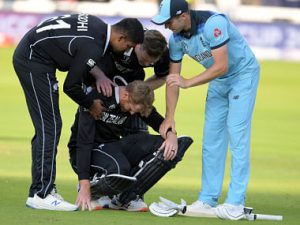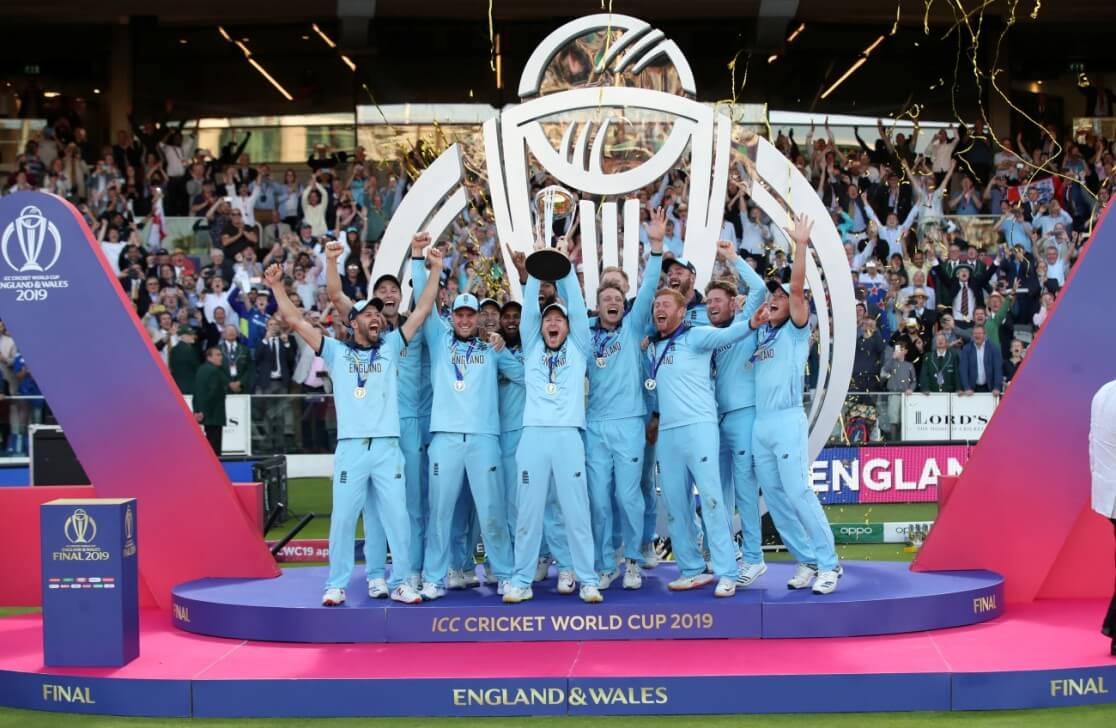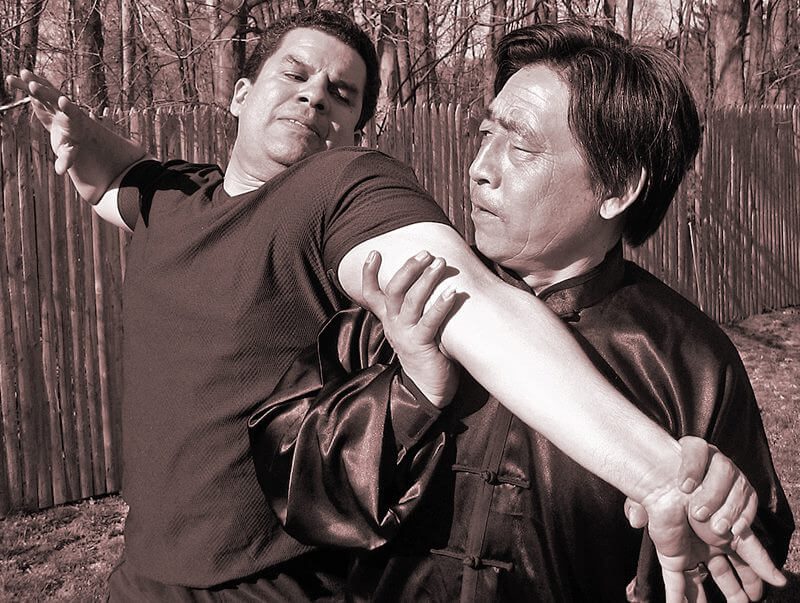Chasing down a total of 242 to be crowned World Champions, the run chase ended with England tied on the same score as New Zealand. The match was not one prescribed for the faint hearted, reports Vijayhardik, exclusively for Different Truths.
 “Ten brilliant teams, 11 iconic grounds, 48 matches,” this phrase got the World Cup started. It culminated on Sunday at Lords in a thrilling battle between the teams of England and New Zealand. Chasing down a total of 242 to be crowned World Champions, the run chase ended with England tied on the same score as New Zealand. The match was not one prescribed for the faint hearted. It was a match worthy enough of being a World Cup final.
“Ten brilliant teams, 11 iconic grounds, 48 matches,” this phrase got the World Cup started. It culminated on Sunday at Lords in a thrilling battle between the teams of England and New Zealand. Chasing down a total of 242 to be crowned World Champions, the run chase ended with England tied on the same score as New Zealand. The match was not one prescribed for the faint hearted. It was a match worthy enough of being a World Cup final.
Both teams had a tough road en route to the final. England after consecutive losses to Sri Lanka and Australia were on the verge of being booted out of the tournament
Both teams had a tough road en route to the final. England after consecutive losses to Sri Lanka and Australia were on the verge of being booted out of the tournament and breaking the trend of the home team emerging victorious at the event.
New Zealand the perennial underdogs of cricket came in to their own under the leadership of Brendon McCullum and fell short of a World Cup victory in 2015. In this edition, playing in a rain affected semi-final against tournament favourites India, with the aid of a few tactical mistakes by India and a piece of brilliant fielding New Zealand scraped through to the finals. They had a shot at the coveted trophy for the second time in a row.
New Zealand the perennial underdogs of cricket came in to their own under the leadership of Brendon McCullum and fell short of a World Cup victory in 2015.
At one of the oldest and iconic cricket grounds in the world, at the Lords renowned as the Mecca of Cricket, on a clear sunny the world was about to witness a new cricketing champion emerge at the end of the clash between England and New Zealand.
On a clear Sunday morning, New Zealand after winning an important toss decided to bat first. The Kiwi openers Guptill and Nicholls got the team off to a sedate start. Following a set template which saw teams put up scores in excess of 300, New Zealand were following it by the book. The early dismissal of Guptill brought captain Kane Williamson to the crease. Williamson who has had an amazing World Cup with bat played second fiddle to Nicholls kept the score ticking.
Comfortably placed New Zealand at 103/1 looked like they had learnt their lessons from their last final appearance.
Comfortably placed New Zealand at 103/1 looked like they had learnt their lessons from their last final appearance. With the likes of Ross Taylor and Tom Latham to follow and the fire power of Colin de Grandhomme in the ranks, a big score for New Zealand and a tough chase for England was likely to be on the cards.
However, in a brilliant spell of fast bowling by Liam Plunkett, he used his cross seam deliveries to great effect to get rid of the dangerous looking Nicholls and the ever dependable Williamson in quick succession. Quick dismissals of the set batsmen saw the run rate dip down and slowed the rate of scoring.
Trying to hold fort at one end Tom Latham scored his 47 runs quickly but without another batsmen supporting him he lost his wicket trying to up the ante.
The Kiwi batsmen were trying to forge partnerships to get the team to a position of safety before mounting an attack on the English bowlers and increase the rate at which runs were scored. But none of the batsmen that followed could convert their starts into a meaningful innings. Trying to hold fort at one end Tom Latham scored his 47 runs quickly but without another batsmen supporting him he lost his wicket trying to up the ante.
With England being quite generous with extras and conceding a whopping 30 runs as extras, New Zealand huffed and puffed to reach a decent 241/8 in the stipulated 50 overs.
To be crowned World Champions, England had to chase down 242 runs while New Zealand had 241 runs in their kitty to defend. With history telling its own story, 242 was a challenging and a tricky score to chase down in a World Cup.
 To be crowned World Champions, England had to chase down 242 runs while New Zealand had 241 runs in their kitty to defend. With history telling its own story, 242 was a challenging and a tricky score to chase down in a World Cup. The highest score chased down in a World Cup final was 277/4 by India who chased down Sri Lanka’s 275 to lift the trophy at Wankhede in 2011.
To be crowned World Champions, England had to chase down 242 runs while New Zealand had 241 runs in their kitty to defend. With history telling its own story, 242 was a challenging and a tricky score to chase down in a World Cup. The highest score chased down in a World Cup final was 277/4 by India who chased down Sri Lanka’s 275 to lift the trophy at Wankhede in 2011.
With England being the home team playing in front of the home crowd, the pressure to chase down 242 was twofold on England. In the 44 years since the inception of the World Cup, the country which had invented the game had never been able to lay their hands on the trophy. Two, apart from India they were the other title favourites.
The English opening pair of Jason Roy and Jonny Bairstow got England off the blocks in a jiffy in their usual style. But the success of the partnership was not able to last long.
The English opening pair of Jason Roy and Jonny Bairstow got England off the blocks in a jiffy in their usual style. But the success of the partnership was not able to last long. Roy departed early for a shot and crisp innings of 17. Joe Root who had come in to bat in his place struggled to get going.
Root’s struggle to score runs affected the pace at which the runs were being scored. Bairstow too had to put his aggressive game away and play within the limits presented by the situation. This slowed down the scoring to a crawl. The pressure was palpable in the stadium and the English dressing room.
Soon, England lost a flurry of wickets shifting the match heavily in favour of New Zealand.
Soon, England lost a flurry of wickets shifting the match heavily in favour of New Zealand. With their top order of Bairstow, Root and Morgan dismissed and sitting in the pavilion and the team tottering at 86/4 at the beginning of the 24th over, New Zealand was the overwhelming favourite.
It was up to the last recognised batting pair of Jos Buttler and Ben Stokes to salvage the game for the hosts. With his fleet-footed and decisive footwork Buttler took on the mantle of scoring quick runs while Stokes held up one end and kept rotating the strike to keep the scoreboard going.
It was up to the last recognised batting pair of Jos Buttler and Ben Stokes to salvage the game for the hosts.
Not only did they salvage the innings, their partnership the longer it lasted kept growing bigger and it reached a stage where it was evidently believable that Buttler and Stokes would get England home in a canter. Only wickets would bring New Zealand back into the game.
Just as the viewers and spectators were beginning to think on those lines, Buttler sliced a full length delivery high up over the cover and point region; a moment of brilliance in the field by the substitute fielder Tim Southee saw him pouch the chance and get the game in balance.
Evenly poised with the last five overs remaining, the game was set for a tense finish. With Stokes still at the crease England was in the game till he was there in the middle.
Evenly poised with the last five overs remaining, the game was set for a tense finish. With Stokes still at the crease England was in the game till he was there in the middle. While New Zealand were chipping away at the wickets, Stokes was bringing down the runs required and inching closer to the target. In this game of cat and mouse, it was awaited to see who would blink first.
In the pressure cooker situation, New Zealand had a chance to get Ben Stokes out when he offered a chance hitting out to bring the required runs to a manageable score. An error in judgement saw the Black Caps concede a six while Stokes got a reprieve and a gift of six runs.
In the end England required 15 runs of the last over with two wickets remaining. After a dot off the first ball, Stokes hit a maximum bringing the equation down to 9 from 4.
In the end England required 15 runs of the last over with two wickets remaining. After a dot off the first ball, Stokes hit a maximum bringing the equation down to 9 from 4. The next ball was quite the deciding and controversial event of the match. A throw from Guptill hit Stokes’s bat while he was completing the second run and was awarded six runs for it. It swung the balance back in England’s favour. If you thought that the match was over, you are wrong. A couple of run-outs over the last two balls saw the match end in a tie.
It was the first time in the history of the Cricket World Cup, the final of the World Cup ended in a tie. Earlier, the title would have been shared between the teams. But with the advent to the T20 event, the winner would be divided by a super over.
In the super over, England batting first sent in Buttler and Stokes to face Trent Boult.

Sending in Boult to bowl I believe was a bad decision. England managed 15 runs in their over. In response, New Zealand sent James Neesham and Guptill to take on Archer. A six off the second ball by Neesham and brilliant running between the wickets saw the Black Caps need two off the last ball. The unfortunate run out of Guptill saw the scores tied once again.
In a moment of fortune, which saw England score higher number of boundaries saw them win the World Cup. It was a match where both the teams were evenly matched
In a moment of fortune, which saw England score higher number of boundaries saw them win the World Cup. It was a match where both the teams were evenly matched and it was a statistic which decided the newest world champions of cricket.
Photos sourced by the author from the Internet





 By
By
 By
By
